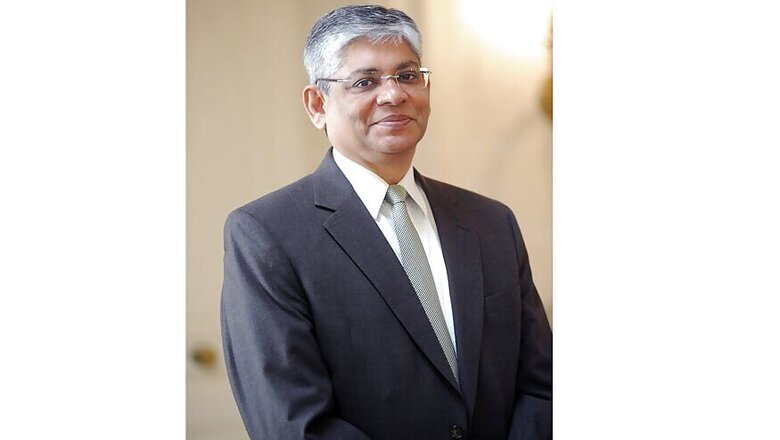
views
Washington: India and the US have formed a Brain Trust aimed at deepening and strengthening cooperation between the best and brightest in the scientific community of the world's two largest democracies.
"We find now a strategic convergence in our interest and we are working together in different areas," he said in his address at the inaugural dinner of the Indo-US Brain Trust on Thursday.
A partnership for research and development and scientific collaboration is essential to take this relationship to the next level, he said. "There is a huge potential there," he added.
"Several major US companies have developed products in India, which their CEOs have said to me they could not have developed in the US because researchers and scientists here approach the problem from different perspective with different resource availability, they are targeting with different objective," Singh said.
"Whereas in India the aim very often is to minimize the use of resources, keep the cost down, maximize the number of people that can be reached through the product and there by you end up with something that is different and has relevance in a different context," he said.
Applauding India's success, former World Bank president Paul Wolfowitz said India has now emerged as a model for other developing countries.
"The idea is to create a platform which partners scientific minds from both countries to explore and create timely solutions to pressing global challenges," said Ron Somers founder and CEO of India First Group welcoming the guests at the inaugural dinner.
"The Indo-US Brain Trust must strive to create a shared platform for the US and Indian scientific communities to exchange, synergize, and deepen collaboration," he added.
Dr Krishna K Banaudha, an Indian-American scientist and the brain behind the project, said Indo-US Brain Trust intends to assemble some of the finest minds and friends who - by their very actions and livelihoods - support a deepening of US-India collaboration in science, research, academia, entrepreneurship and innovation.













Comments
0 comment